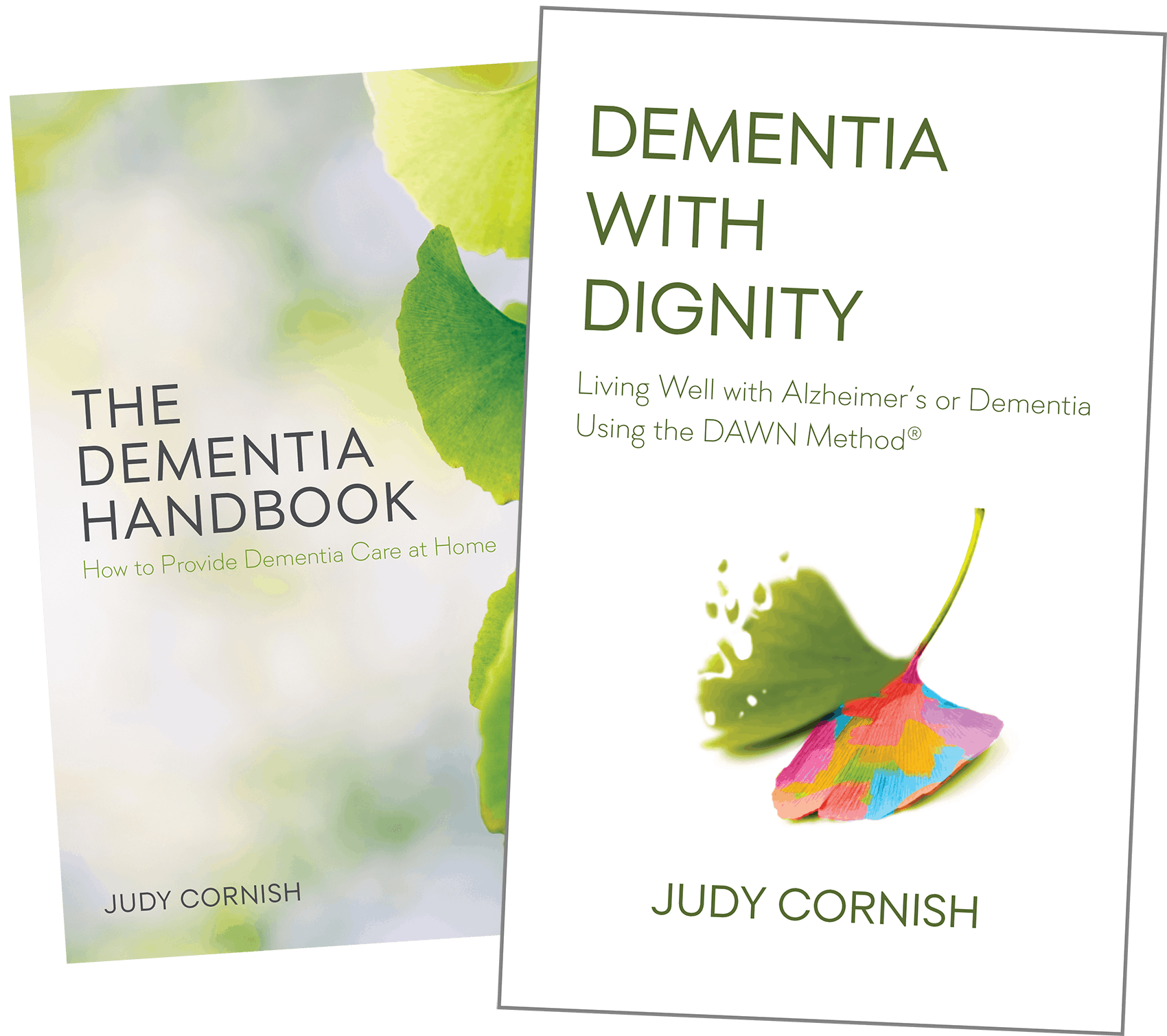By: Canon Georgette Forney
Given the number of topics Anglicans For Life addresses, there is always an interesting array of book titles on my nightstand! Rarely do I finish one within a week of starting it, but Dementia With Dignity by Judy Cornish was that rare book!
As many of you know, over the last 7 years, I cared for my spiritual mother and her best friend, one of whom had dementia and the other Alzheimer’s. My father was also diagnosed with dementia about 3 years ago. All three of them have now graduated to heaven but my interest and concern about caring for those suffering memory issues continues.
Advice over the years, from caregivers and healthcare workers noted that interaction with dementia or Alzheimer’s patients should be based on the reality of their situation, and that it was appropriate to correct them when they recalled past events incorrectly.
Advice over the years, from caregivers and healthcare workers noted that interaction with dementia or Alzheimer’s patients should be based on the reality of their situation, and that it was appropriate to correct them when they recalled past events incorrectly. Instead, author Judy Cornish encourages us, as caregivers, friends, and family to meet the memory impaired where they are in the moment. And to help the reader understand what the patient is experiencing, she walks us through situations and experiences from the perspective of the dementia or Alzheimer’s patient.
Instead, author Judy Cornish encourages us, as caregivers, friends, and family to meet the memory impaired where they are in the moment. And to help the reader understand what the patient is experiencing, she walks us through situations and experiences from the perspective of the dementia or Alzheimer’s patient.
Reading her patient descriptions helped me see life through Dad, Betty, and Evelyns’ lens and appreciate how emotional realities and denial can co- exist as memories fade. Author Cornish uses simple concepts to describe how thought processes change over time for the patient. While we all normally think and act based on memory and rational thoughts, those who suffer memory loss lose that ability over time. She offers hope as she advocates for patients to be empowered and encouraged to use their intuitive thinking skills instead.
In the first half of the book, Cornish reveals to the reader, life from the dementia patient’s perspective and in the second half of the book she introduces the 7 tools she has developed and coined as the DAWN Method to ensure anyone suffering with dementia or Alzheimer’s can continue to live fulfilling lives, usually in their own home much longer than one would expect.
The exciting part of the book for me was seeing how her 7 tools are actually effective in caring for loved ones with dementia or Alzheimer’s.
Last fall, my husband was diagnosed with early-stage dementia, and as we have been concerned about how this illness will progress for him, knowing the tools exist gave me peace. As I started employing some of the steps in various social settings, I saw first- hand how helpful these tools are for both of us! While neither of us are looking forward to the progression of his dementia, we are no longer afraid of how we will cope with it!
Dementia With Dignity is easy to read without a lot of technical jargon and given the growing number of people with loved ones being diagnosed with Alzheimer’s and dementia, this is a must-read and a great resource to share!

